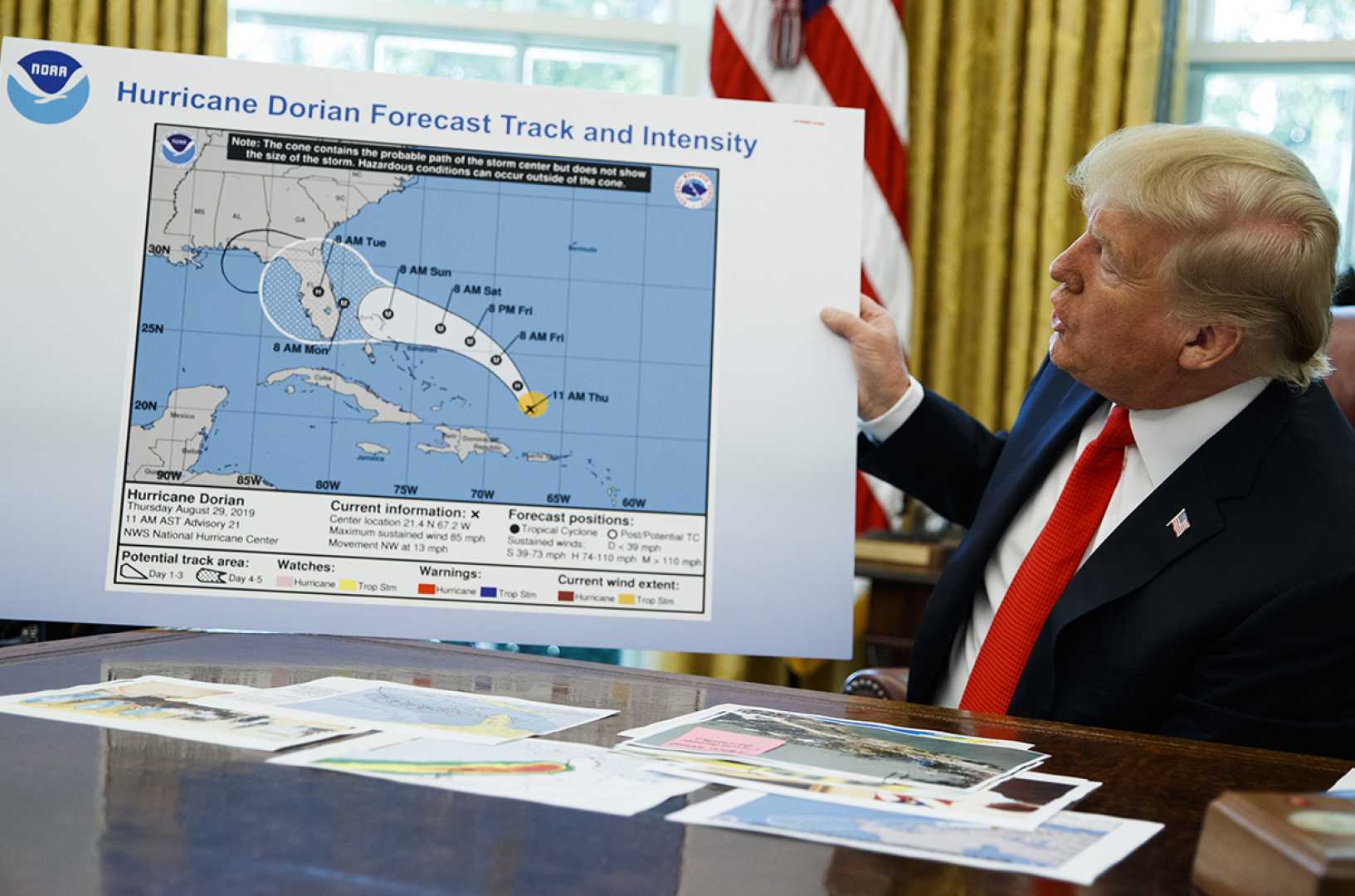Politics
Trump Administration Faces Backlash Over Science Funding Cuts Amid Environmental Concerns

WASHINGTON, D.C. — Terry Garcia, a former executive vice-president at National Geographic, joined nearly 500 colleagues in urging the institution to oppose cuts by the Trump administration to critical science, environmental, and safety agencies. In a statement, Garcia emphasized that these cuts reject knowledge gained from past environmental disasters, putting the country at risk.
The collective expressed concerns over the dismantling of programs vital for the economy and public safety, calling the current administration’s stance “a recipe for disaster.” This warning comes on the 15th anniversary of the Deepwater Horizon oil spill, a catastrophe that released over 3 million barrels of oil into the Gulf of Mexico, devastating local environments and economies.
Garcia, who also played a key role in the federal response to the Exxon Valdez spill, noted that the loss of scientific agencies could lead to repeating history. That disaster had far-reaching economic and ecological consequences, affecting livelihoods and community health.
“The Trump administration’s cuts threaten decades of progress and are a dangerous rejection of hard-won knowledge,” Garcia said. His remarks coincide with alarming plans by the administration to weaken offshore drilling safety measures, including the rollback of protections in sensitive coastal regions.
The National Oceanic and Atmospheric Administration (NOAA), an agency shaping policies on ocean health and climate impact, is among those facing severe funding reductions. Garcia warns that without support, advancements in environmental science and safety oversight may stall, leaving communities unprepared for future crises.
In light of the Deepwater Horizon incident, the lack of scientific data hampered effective response efforts. The absence of knowledge about ocean conditions hindered recovery and response strategies, reflecting the potential fallout of cutting science funding.
“It’s gaslighting on a national scale,” Garcia said, criticizing the administration’s claims that these cuts could reduce bureaucracy and spur economic growth. He contended that the only guaranteed outcome is a shift of risk onto small communities and businesses.
The consequences of ignoring scientific advice are profound. Environmental disasters have devastating impacts, leading to long-term economic hardships and health issues in affected regions. Following the Deepwater Horizon spill, the economic toll exceeded $60 billion, far surpassing costs for preventative measures.
As the anniversary of the spill approaches, Garcia emphasized the importance of maintaining strong environmental protections and investing in scientific research. “Science and environmental protections are our first line of defense against disaster,” he stated, urging citizens to advocate for better funding and regulations to safeguard public and environmental health.












